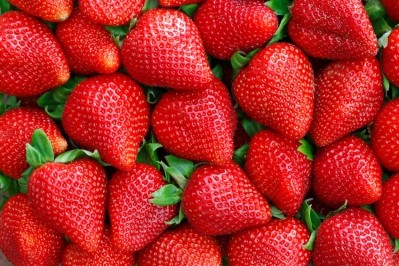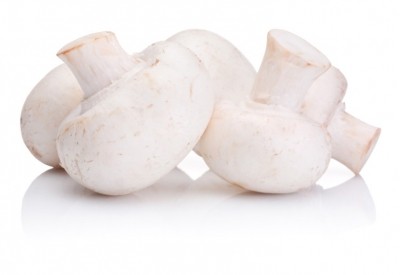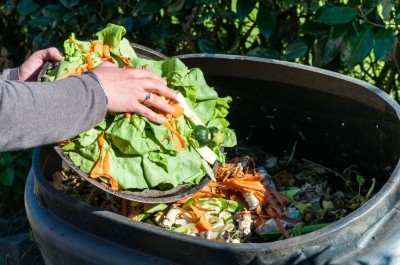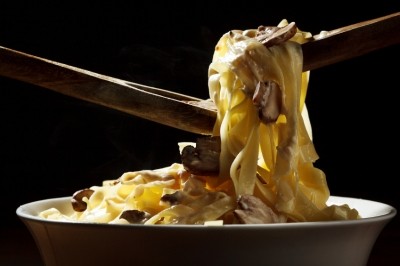Grill or microwave mushrooms to preserve protein content, say fungal researchers
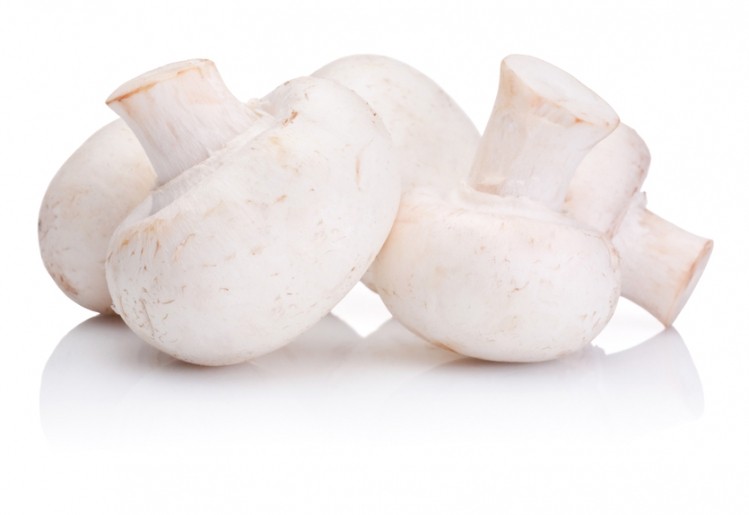
The results of this study, gathered by Spanish scientists, make a case for these cooking processes as the healthier options, helping to preserve the mushroom’s protein content as well as its ash and carbohydrate quantities.
The fungus' protein content is among the highest for any vegetable, typically consisting of 20-30% of dry matter. It is also a rich source of biologically active compounds such as betaglucans.
“When mushrooms were cooked by microwave or grill, the content of polyphenol and antioxidant activity increased significantly,” explained paper author Dr Irene Roncero-Ramos, postdoctoral researcher based at the Mushroom Technological Research Center of La Rioja (CTICH) in Spain.
“There are no significant losses in nutritional value of the cooked mushrooms," she added.
The study looked into four different types of mushroom commonly consumed— white button mushroom (Agaricus bisporus), Shiitake, (Lentinula edodes), oyster mushroom (Pleurotus ostreatus) and king oyster mushroom (Pleurotus eryngii).
The team then cooked the mushrooms using each method and then freeze-dried them. From here, nutrient content and antioxidant activity could be determined.
As a comparison, raw mushrooms underwent the same storage process.
Findings revealed frying to be the most damaging, reducing the mushroom’s protein and carbohydrate content whilst also increasing its fat content.
Whilst boiling improved glucan content, measured antioxidant activity was marked down after the boiling and frying process.
"Frying and boiling treatments produced more severe losses in proteins and antioxidants compounds, probably due to the leaching of soluble substances in the water or in the oil, which may significantly influence the nutritional value of the final product," explained Dr Roncero.
Mushroom, a superfood?

Preparing mushroom to retain their nutritional profile is important especially as the food is significantly high in fibre and low in calories and fat.
"Frying and boiling treatments produced more severe losses in proteins and antioxidants compounds,” added Dr Roncero-Ramos.
“This was probably due to the leaching of soluble substances in the water or in the oil, which may significantly influence the nutritional value of the final product."
Dr Roncero-Ramos added that adding a little oil portion while grilling mushrooms would not cause an issue.
"This minimal amount will not cause nutrient loses by leaching,” she explained.
“In fact, the antioxidant capacity can be even improved. Moreover, if olive oil is used, the fatty acid profile of the final preparation is enhanced with barely an increase in the calorie content."
Preparation spotlight
What is ash content?
Ash content represents the total mineral content in foods It refers to the food that remains after high temperatures are used to burn the material.
The remaining ashes include minerals such as calcium and magnesium. Smaller quantities of aluminium, copper, zinc or iodine, may also be present.
The food’s physicochemical, technological and nutritional properties are determined using ash content.
Methods of preparing foods, particularly those that are nutritionally valuable, have been the subject of a wide body of research studies.
The presence of acrylamide in some oven-cooked, grilled and fried starchy foods such as crisps has forced the food industry, regulatory bodies and research groups to collaborate in reducing its levels in foods.
Acrylamide is formed as a result of a chemical reaction between reducing sugars and amino acids which gives cooked food its brown colour.
Acrylamide is a known carcinogen and can increase risk of cancer at certain levels.
Equally, grilled, barbecued, and smoked meat may well be a prevalent dietary source of polycyclic aromatic hydrocarbon (PAH) carcinogens that may increase the risk of breast cancer.
Source: International Journal of Food Sciences and Nutrition
Published online ahead of print: doi.org/10.1080/09637486.2016.1244662
“Effect of different cooking methods on nutritional value and antioxidant activity of cultivated mushrooms.”
Authors: Irene Roncero-Ramos, Mónica Mendiola-Lanao, Margarita Pérez-Clavijo, Cristina Delgado-Andrade.
